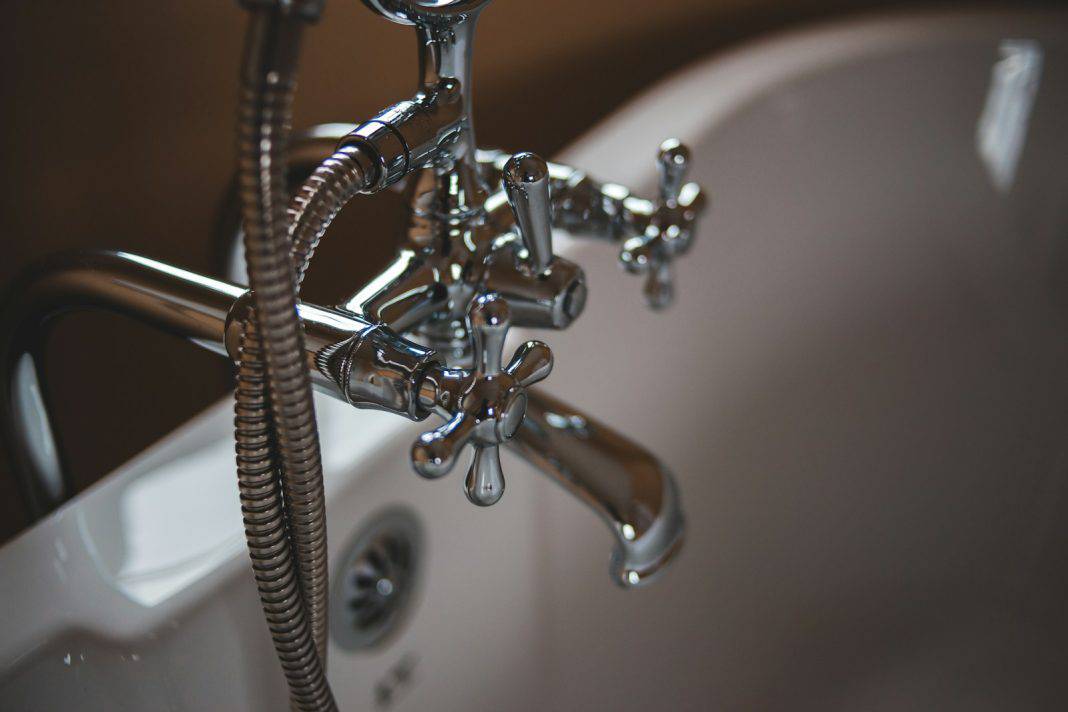Table of Contents
- Introduction to Sustainability in Plumbing
- Water Conservation: A Shared Responsibility
- The Role of Modern Plumbing in Energy Efficiency
- The Integration of Green Materials in Plumbing
- Best Practices for Sustainable Plumbing Maintenance
- The Future of Plumbing: A Look Ahead
- Sustainable Plumbing and Public Health
- Call to Action: How Every Individual Can Contribute
- Key Takeaways
Introduction to Sustainability in Plumbing
As the green movement continues to grow, sustainability in plumbing has become an increasingly relevant topic. While the role of a Greenville plumber traditionally focuses on installations and repairs, modern professionals must also consider the environmental implications of their work. The industry must ensure adequate water and waste systems and promote sustainable practices. Sustainable plumbing involves rethinking traditional methods for water efficiency, waste reduction, and eco-friendly materials. It’s critical for developing sustainable infrastructure, from small-scale to large-scale projects. As society shifts towards eco-consciousness, sustainable plumbing principles are fundamental in designing environmentally-friendly homes and cities.
Water Conservation: A Shared Responsibility
Water conservation is not solely the passion project of environmentalists; it is a shared responsibility that falls on all segments of society. From individual homeowners to corporate entities, every water user has a part to play in preserving our water supply. By adopting practices such as utilizing Low-Flow Fixtures in our homes, we can substantially impact the global water footprint. Fixtures can reduce water flow without affecting pressure, saving gallons yearly and contributing to conservation. Household choices, like fixing leaks and water-efficient appliances, impact conservation. Education and community programs can help individuals make informed decisions about water use. Governments enact policies and regulations to ensure sustainable water management systems.
The Role of Modern Plumbing in Energy Efficiency
Energy-efficient plumbing appliances can significantly reduce household energy consumption, and with low-energy water heaters and other fixtures, homeowners can lower utility bills and reduce their environmental impact. Greywater systems collect water from sinks, laundry, and showers and repurpose it for non-potable applications, conserving freshwater sources and reducing the energy associated with water treatment and distribution—this approach to conservation benefits both the environment and homeowners.
The Integration of Green Materials in Plumbing
The plumbing industry is shifting towards sustainable materials. PEX piping is more eco-friendly and durable and requires fewer connections, reducing the potential for leaks and saving resources. Sustainable materials have a longer lifespan, a lower risk of corrosion, and reduced maintenance needs. Although they may have higher upfront costs, the long-term savings in repair, replacement, and efficiency make a compelling case for using green materials. Consumers and professionals should consider the overall value of these materials in the context of a greener future.
Best Practices for Sustainable Plumbing Maintenance
Regular maintenance and inspections are necessary to ensure the peak efficiency of a sustainable plumbing system. Expert inspections can prevent problems and optimize performance by considering water pressure, fixture conditions, and system age. Using non-toxic, biodegradable cleaning agents and staying informed about recent sustainability practices can help achieve optimal functioning and longevity for greener plumbing systems.
The Future of Plumbing: A Look Ahead
Plumbing is becoming more sustainable with technological advancements, such as water purification and recycling initiatives. Large agriculture sectors and municipalities are leading the way in ecological water usage. Plumbers are staying current with green innovations through education and training to advise customers on sustainability practices better.
Sustainable Plumbing and Public Health
Sustainable plumbing is essential for public health as it provides access to safe, potable water, reduces water-borne illnesses, and improves quality of life. During natural disasters, durable plumbing systems can prevent the outbreak of diseases by ensuring uninterrupted access to clean water.
Call to Action: How Every Individual Can Contribute
Adopting a sustainable lifestyle is manageable. Small changes like taking showers instead of baths, watering gardens during more excellent hours, and focusing on energy-efficient appliances can significantly enhance water-saving efforts. The collective effort of homeowners, industry professionals, and policymakers is crucial for the widespread adoption of green plumbing principles. Supporting sustainable companies and advocating for environmental policies can elicit systemic change.
Key Takeaways
- Innovations such as smart leak detection and solar heating contribute to sustainable plumbing.
- Community actions and government policies play vital roles in water conservation.
- Choosing suitable materials and regular maintenance are essential for sustainable plumbing practices.
- Emerging trends focusing on educating professionals and homeowners are shaping a sustainable future in plumbing.
- Implementing green plumbing practices is integral to public health and contributes to environmental conservation.

